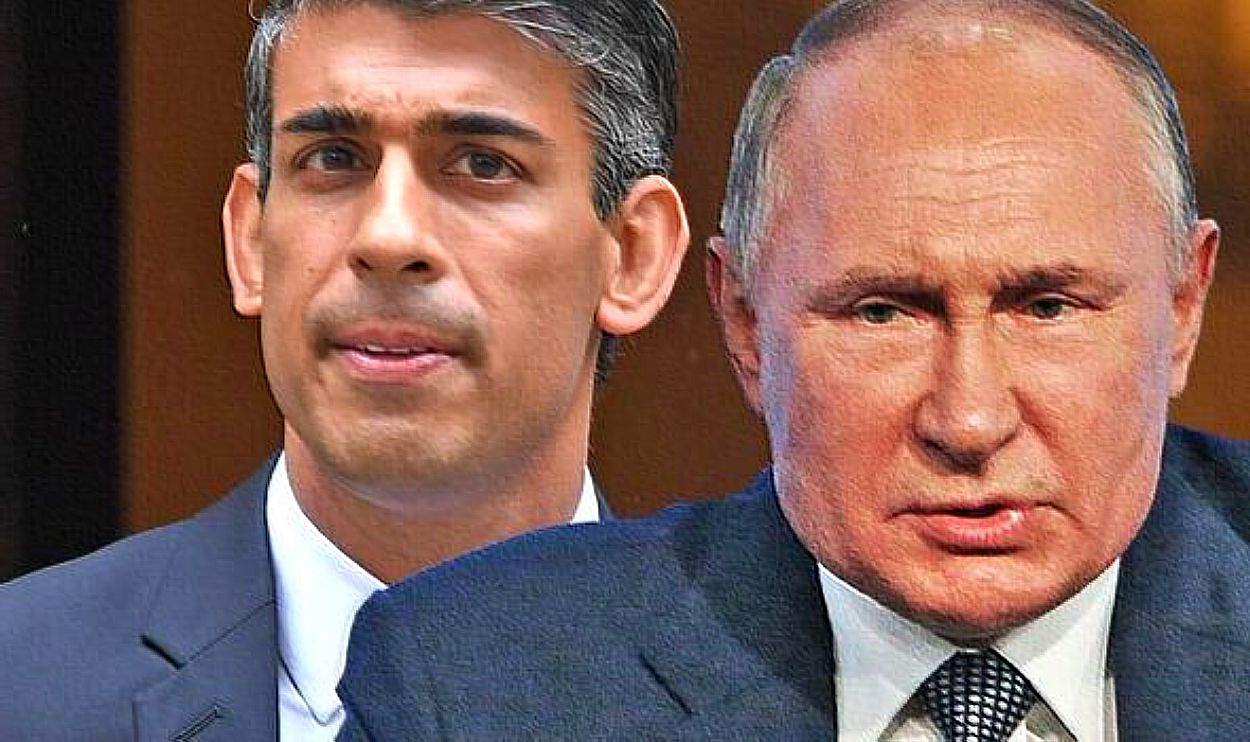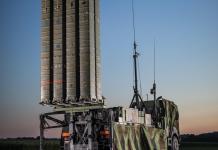From the middle of the 19th century to World War II, almost one century was the era of high watermark of British imperialism, focusing on the Central Asian region. It had become the active playground of two imperial powers of the day, namely the Czarist Russia and Great Britain.
Their rivalry resulted in the notorious strategy called “The Great Game in Central Asia,” authored by Lord Curzon, the then-foreign secretary of Great Britain.
These strategies were aimed at containing imperial Russia within its Central Asian boundaries and not allowing its forces to move southward, risking the stability of British power in its Indian colony. The strategy encompassed the adjoining regions of Iran, Afghanistan, and Sinkiang (now renamed Xinjiang by the Chinese).
Post WW II
World War II was a big event that brushed aside various regional strategies of lesser importance at work then, including Lord Curzon’s Great Game in Central Asia.
Though the Allies emerged victorious in the war, it left Great Britain financially and economically a far weaker colonial power than it previously was. The Cold War era brought the United States to the forefront of world politics, and Great Britain became almost the back-bencher.
In this scenario, we find that London played a subdued role and did not matter much in the strategies evolved by the former Allies in shaping things in Central Asia.
Great Britain had to wind up its pre-war strategies in Central Asia also because the Soviet Union was determined to extend its jurisdiction up to the Badakhshan Mountain range.
The Iron Curtain
The famous phrase “iron curtain,” coined by Winston Churchill, precisely explains the ground situation in the traditional lands of Turkestan, which had been distributed into 5 Central Asian and 2 Trans-Caspian states as a result of the delimitation process completed under the leadership of Joseph Stalin of the Soviet Union.
By 1924, the delimitation process was almost completed and a new geography of Central Asia came into being.
By and large, the world outside knew nothing about what was happening in these behind-the-iron-curtain states. The region was no longer under active surveillance of Great Britain, and the American or other Western intelligence agencies had very little, rather negligible access to ground realities in the vast Steppes.
Implosion & Aftermath
The Soviet Union imploded in 1991, and Central Asian 5+2 federating units declared their independence from Moscow’s control. It was a difficult decision for them but ultimately proved a blessing in disguise.
Three and a half decades have passed, and today, these Central Asian states are part of the world community and equal partners in the United Nations. They have developed their respective political and administrative systems, are part of the international economic system, and manage their financial transactions with major financial organizations worldwide.
Moreover, these republics conduct their foreign policy independently and have entered into bilateral or multilateral agreements to boost their economies and developmental agenda.

UK’s Cameron Visits The Region
The British Foreign Secretary David Cameron recently completed his five-day official visit to five Central Asian republics. This is the first visit of a British high-ranking diplomat to the region after several decades.
Perhaps the British foreign secretary has begun to feel that his country’s renewed interest in Central Asia has become a geopolitical imperative. With each passing day, the region’s contemporary history comes face to face with new situations and their fallout.
Several months back, the UK parliament’s Foreign Affairs Committee published its report titled ‘Countries at Crossroads: UK Engagement in Central Asia’. It was critical of London’s low level of outreach with the region and called the deepening of ties “a geopolitical imperative.” It recommended a visit to the region at the level of the foreign secretary.
The report emphasized the echoes of the Russian war in Ukraine “and the region’s status as an avenue for Moscow to evade sanctions imposed by the United Kingdom.”
Alicia Keams, Foreign Affairs Committee Chairwoman, expressed satisfaction with Cameron’s Central Asian visit. She promised a 50 million pound ($62 million) commitment in assistance from Great Britain that “may help the UK increase its soft power and influence in the region.”
She wrote on the parliament’s website: “Situated along the fault line between Russia and China, protecting the independence and sovereignty of Central Asian countries is paramount.”
Keams was perhaps drawing the cue from a report that David Cameron had sent when in Ashkhabad (Turkmenistan). He had used the term “sandwiched” to refer to Central Asia‘s position between Russia and China. He noted that Iran was just 40 kilometers over those mountains.
Highlights Of Cameron’s Statement
In a television interview, the British foreign secretary made some interesting remarks that gave an insight into the British foreign minister’s views on contemporary Central Asia.
He said he was the first foreign secretary of the UK ever to come to Turkmenistan, Tajikistan, and Uzbekistan since 1977.
In his April 24 video, he acknowledged that “maybe we should have done more in the past in these countries.” Speaking about Turkmenistan, he said that this country is the finest example of why “these countries” are hardly equal in terms of interest to the United Kingdom. It is one of the most authoritarian in the world and almost exclusively reliant for survival on the purchase of its natural gas by China and Russia.
He added that in the last quarter of 2023, bilateral trade between Turkmenistan and Britain took at a mere 66 million pounds ($82.5 million) according to the UK’s Department for Business and Trade, less than any of the other six countries.
Speaking at an event with the Kazakh foreign minister, Cameron stressed that London was not asking Central Asian countries to disavow either China or Russia. He told his counterpart: “ We are here because we believe you should be able to choose to partner with us in a way that is good for both countries’ security and prosperity.”
In Conclusion
What has been said above is only a peep into the policy frame that the British government may contemplate for Central Asia. David Cameron’s visit to the Central Asian republics and his integration with local leadership (no doubt very limited one) is significant because, ultimately, it is the foreign minister of the UK who will have the last word on what should be the frame of the UK’s activism in Central Asia.
Perhaps the focus will be on security and proper utilization of natural resources. By and large, the British foreign minister is almost skeptical about strengthening the roots of democracy in these republics shortly.
- Prof. KN Pandita (Padma Shri) is the former director of the Center of Central Asian Studies at Kashmir University.
- With Inputs from Radio Free Europe
- This article contains the author’s personal views. EurAsian Times is not responsible for the authors’ OPED.
- Follow EurAsian Times on X (formerly Twitter)




